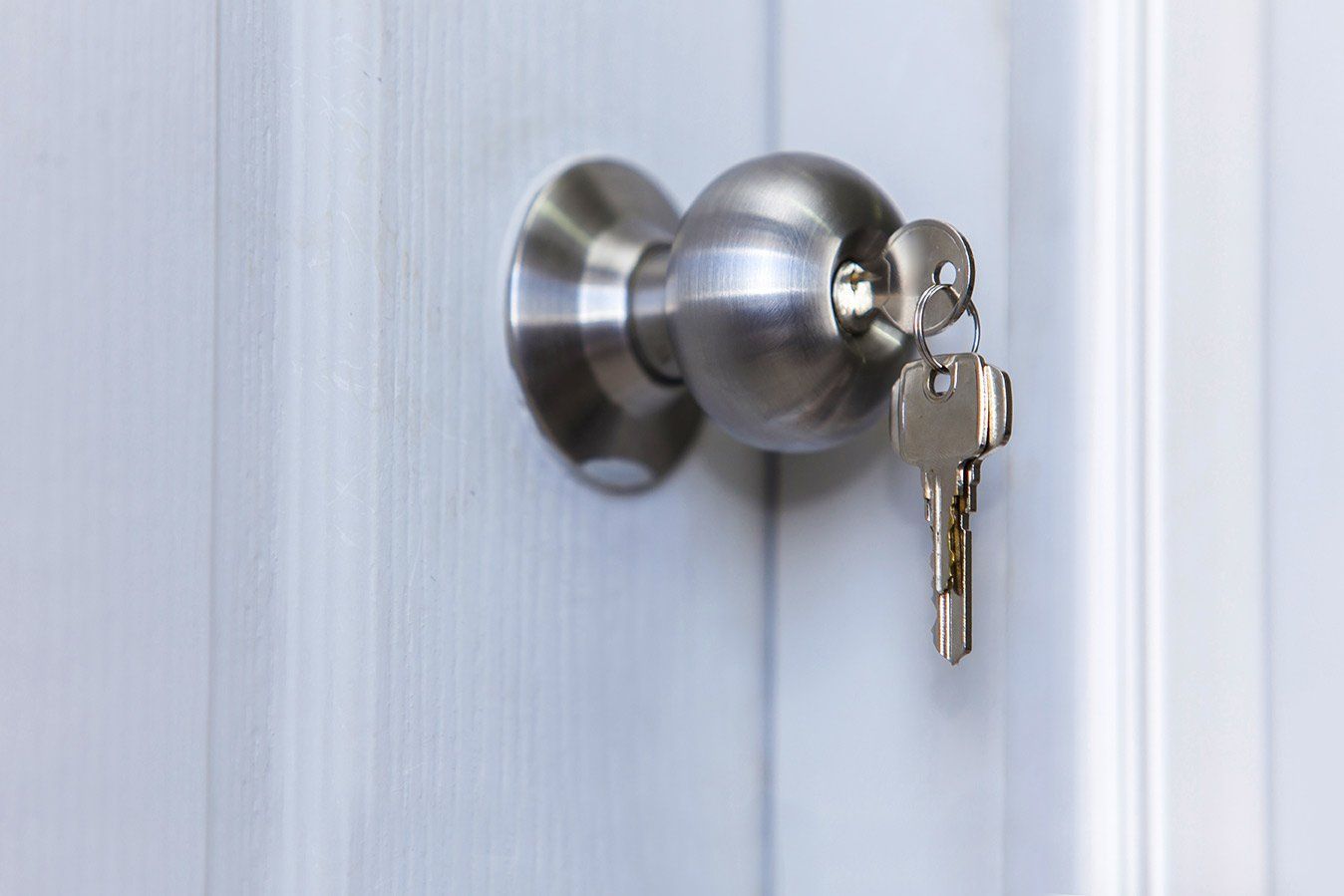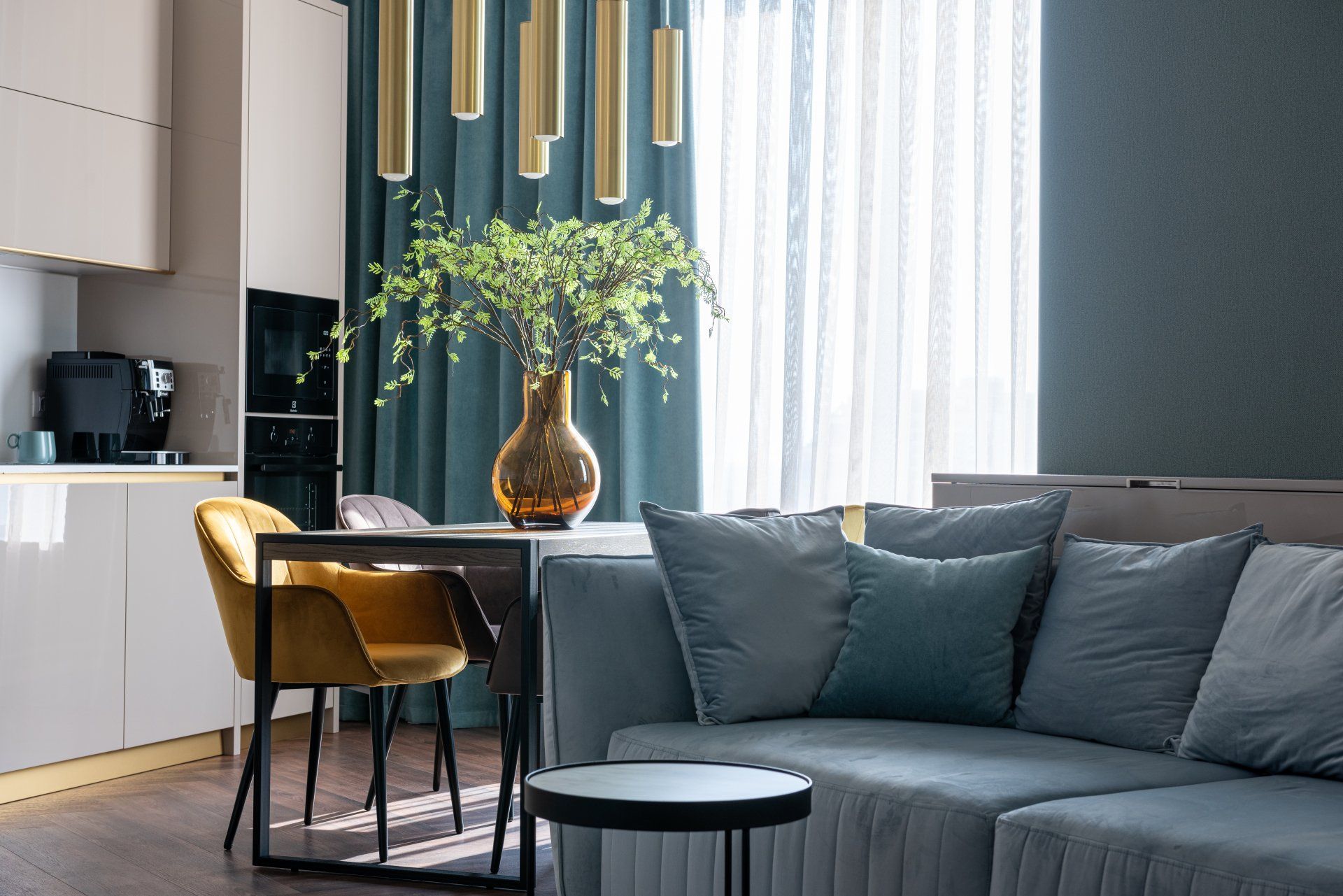NEWS
NEWS
Recent Posts

Clean the gutters --Portland has a lot of trees, and a lot of rain! Pine needles, leaves and other debris need to be removed to prepare the rental property for Spring showers. Ensure the weight of snow and ice did not cause the gutters to separate from the home. Trim trees --Trimming trees in the early Spring will help sunlight reach grass and other plants. This is also an opportunity to make sure branches are not in contact with the structure. Change air filters --For optimal air quality and to keep the HVAC system in good working order, replace the air filters seasonally. Check vents --Check along the rental property foundation and in the attic for missing or damaged screens, debris or signs of rodent or insect infestation. Check smoke and carbon monoxide detectors --Install new batteries and test all detectors. Inspect roof --Check for damage and leaks. This work plus gutter cleaning is the best way to make sure your property interior stays dry. Spring is also a great time to apply moss killer to the roof of your rental properties. Inspect exterior of property --Touch up paint as needed, repair/replace damaged window screens, consider pressure washing the siding. If you’d like a hand ensuring your Portland rental property is ready for Spring, call Portland Rental Properties at 503-288-8330 or email Reed@PortlandRentalProperties.com
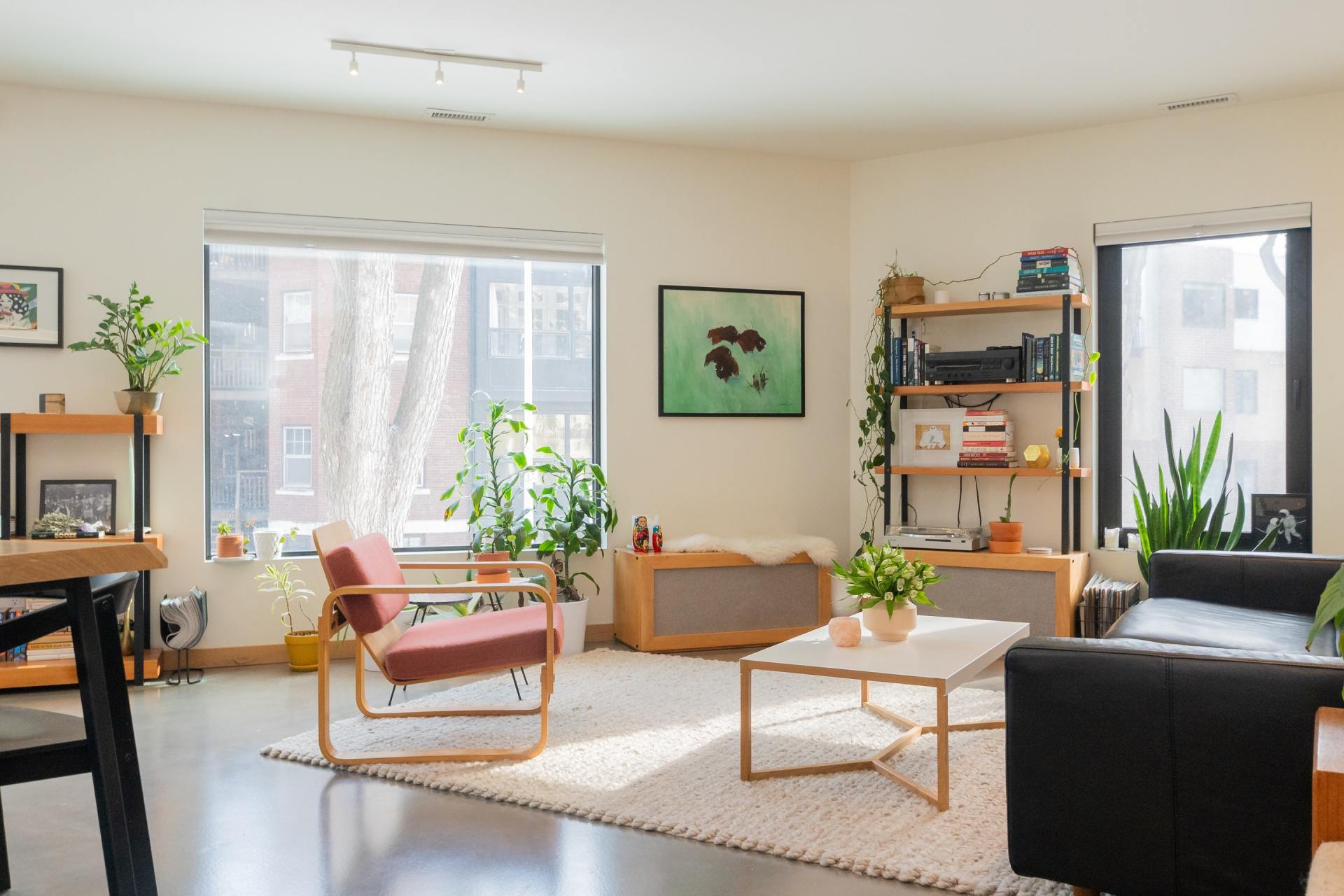
Portland Rental Properties strongly recommends that all tenants carry renters insurance even if it is not a requirement of a lease. A property owner's insurance covers the rental property itself, but does not cover any of the renter's belongings or other costs associated with damage and unexpected events such as fire, theft, burglary or a visitor's injury. Renters insurance policies are designed to protect renters living in a house or apartment and include personal property, liability coverage, and additional living expenses. Renters are advised to purchase enough insurance coverage to protect any savings and property they could lose in the event of a disaster. Personal Property Most renter’s insurance policies provide protections for tenant's belongings up to specific limits stated in the policy. This protection generally pertains to certain risks such as fire or theft. With some policies, even personal property stolen from your vehicle or property that has been rented or borrowed can be covered. Certain types of property, such as jewelry or antiques/heirlooms, may be subject to additional coverage. Portland Rental Properties recommends discussing your individual needs with a knowledgeable insurance representative who can ensure you are obtaining adequate coverage. Liability Coverage This coverage protects renters from paying out of pocket costs for injuries to others in their home or damage to other's property in which they are found legally responsible. Examples of coverage include medical bills from a guest getting injured in your home or accidentally breaking something on a neighbor's property. Moreover, liability coverage can help pay legal costs in the event that someone gets injured in the rental property and sues the tenant. Additional Living Expenses A common misconception in the state of Oregon is that a homeowner or property manager will provide alternate housing in the event of a maintenance emergency. This is very rarely an available option. Typically, renter’s insurance should be in place to cover additional costs if the rental home becomes uninhabitable after a disaster. This would include hotel costs or even expenses to rent another home. Don’t get caught unprepared! For more information regarding renters insurance or for a referral to a knowledgeable agent, please contact Reed with Portland Rental Properties at Reed@PortlandRentalProperties.com or call to 503-288-8330

Addendum: A change or additional material, typically omissions added to the end of a contract. Examples include a Pet Addendum or Addendum to Add a Roommate added to a lease agreement. Affordable Housing: Generally refers to housing in which the occupant is paying no more than 30 percent of gross income for housing costs, including utilities. Amenities: Desirable or useful features of a rental property that enhance the appeal and/or value of the rental property. Base Rent: A set amount used as a minimum rent in a lease with provisions for increasing the rent over the term of the lease. Broker: A licensed real estate professional who purchases and sells property for others in exchange for a commission. Common Area: Refers to areas or amenities which are provided for the common use of more than one person. Examples include laundry facilities or bike storage in an apartment building. Co-Signer: A third party on a lease who assumes the financial responsibilities of renting a property even though they are not a tenant. Default: Failure to perform a legal or contractual duty under a commercial lease, such as not paying rent when due, or the breach of other aspects of the lease agreement. Double Net Lease: Part in rental agreement whereby the tenant agrees to cover the costs of two of the three primary rental property expenses: taxes, utilities, or insurance premiums. Also known as a net-net lease, these are most commonly found among commercial tenants. Duplex: Multi-family housing that has two units in one building . Units can be side-by-side or stacked on top of each other and have two separate entrances for each unit. Equal Housing Opportunity: Refers to the idea that all persons should be granted equal opportunities to live in various housing communities regardless of race, gender, age, nationality, familial status or disability. Fair Housing Act: Protects people from discrimination when they are renting or buying a home, getting a mortgage, seeking housing assistance, or engaging in other housing-related activities. This act prohibits discrimination in housing because of race, national origin, religion, sex, familial status, or disability. Gross Lease: A lease in which the tenant pays a flat sum for rent out of which the landlord must pay all expenses such as taxes, insurance, maintenance, utilities, etc. Hold Over Tenant: A tenant retaining possession of the rental property after the expiration of a lease. Housing Assistance Payments (HAP) Contract: A contract to provide housing assistance under the Section 8 Voucher Program. Lead-Based Paint Disclosure: Federal law that requires property managers provide tenants renting homes/apartments built before 1978 an EPA booklet and that the lease include a disclosure form that informs tenants of any lead-based paint and/or lead-based paint hazard in the home. Lease Agreement: A formal, legal contract by which a property manager provides the tenant with the right of exclusive possession of a home for a specified time, usually in return for a periodic payment. Lease Option: An agreement that gives a tenant a choice to purchase a rental property during or at the end of the rental period. Additionally, it precludes the property owner from offering the property for sale to anyone else. Lease Term: The agreed upon period of time between the property manager and tenant in which the tenant will occupy the rental property. Leasing Agent: A professional who shows potential renters an available rental property. Lessee: A tenant who has agreed to the terms of a rental agreement for a property; a person who holds the lease of a property; a tenant. Lessor: A property manager who has agreed to the terms of a rental agreement for a property; a person who leases or lets a property to another; a landlord. Market Rate: The current rate of the real estate market. When demand goes up for rental properties, rental rates increase; when demand falls for rental properties, the market rates tend to fall. Market Study: A forecast of future demand for a specific type of real estate project or property which includes an estimate of the rents that can be charged. Mixed-Use: Space within a building providing more than one use, for example an apartment building with office or retail space. Modified Gross Lease: A type of rental agreement where the tenant pays base rent at start of the lease, but takes on a proportional share of some of the other costs associated with the property as well, such as property taxes, utilities, and maintenance. Net Lease: A lease with a provision for the tenant to pay other costs associated with the operation of the property in addition to rent. Normal Wear and Tear: The deterioration or loss in value of a rental property caused by the tenant's reasonable and normal use. Operation Expenses: Actual costs associated with operating a property including maintenance, repairs, management, utilities, taxes, and insurance. Renewal Option: A clause giving tenant the right to extend the term of a lease, usually for a stated period of time and at a rent amount as provided for in the option language. Rent Schedule: A document proposing the rental rates, created by the property manager, property owner, or both. Security Deposit: A deposit of money by a tenant to a property manager to secure performance of a lease. Single Family House (SFH): A place of residence designed for one family to live in. Tenant Damages: Damages to a rental property that occur during tenancy that are considered outside of normal wear and tear. Tenant Improvements: Improvements made to the rental property by or for a tenant. Typically part of the negotiations include some detail of improvements to be made in the rental property by the property manager. Triple Net (NNN) Lease: A lease in which the tenant pays, in addition to rent, certain costs associated with a leased property, which may include property taxes, insurance premiums, repairs, utilities, and maintenances. Townhouse: A row of houses that are joined together by sidewalls. Vacancy Rate: Expressed as a percentage, the total amount of available space (i.e. unoccupied rental units) compared to the total inventory of space (i.e. all rental units).
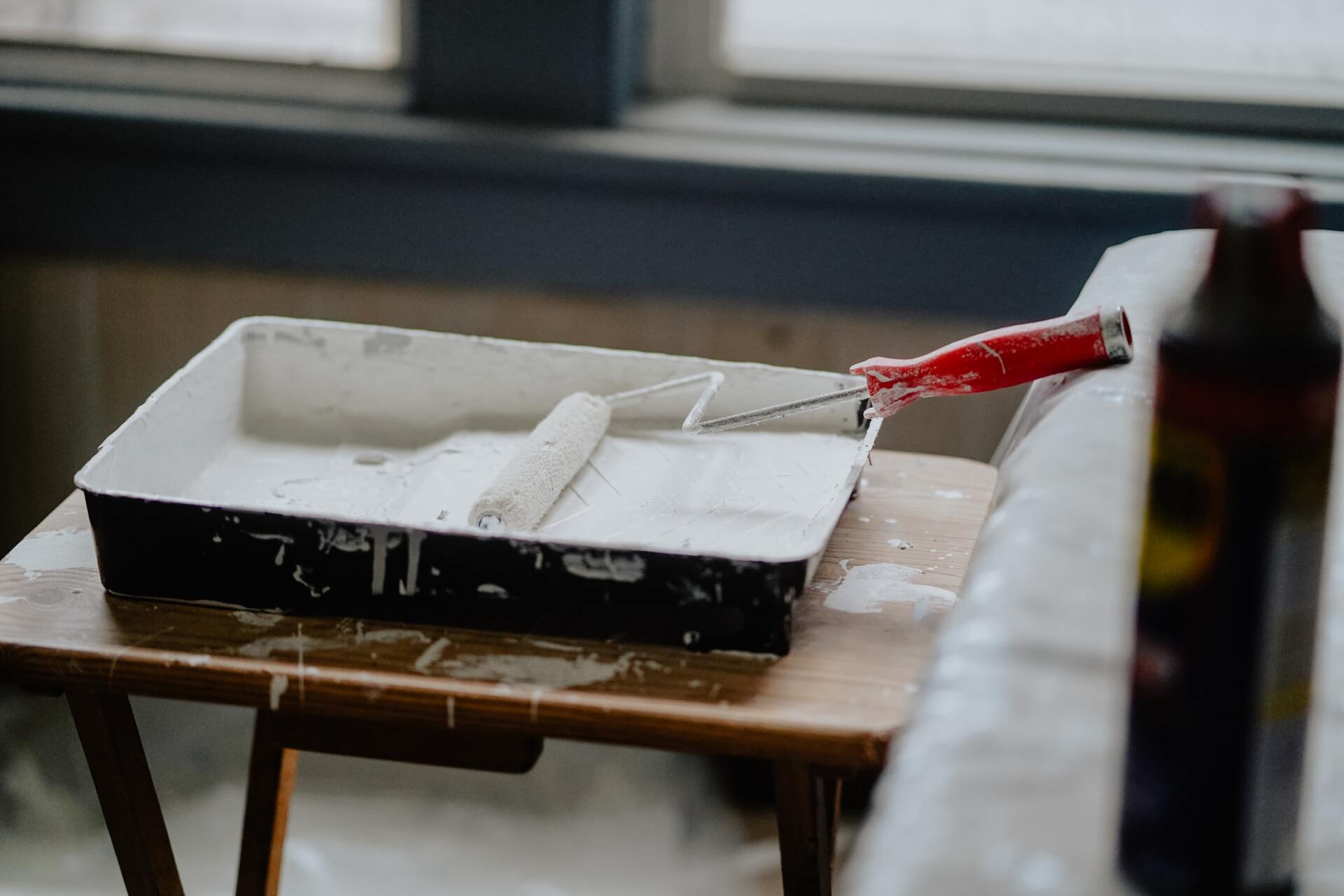
To get a competitive rate for your rental property, property owners should consider possible improvements. Not only does this improve value, but it will also help keep vacancy low by increasing tenant retention. Curb Appeal --The exterior of your rental property says a lot to a prospective tenant about the condition of the interior. Some examples of inexpensive ways to increase curb appeal include: • remove any trash/debris • remove weeds, mow lawn, trim shrubbery • add flowers to front yard/porch area • remove chipped paint, repair broken banisters and replace torn window screens • replace or repair mailbox, light fixtures and house number decals that are not in good condition • if possible, have designated area that is out of sight for garbage and recycling cans Fresh Interior Paint --Paint is an easy step that is always a significant part of making the interior pop. A fresh coat of paint can also brighten dim hallways or highlight architectural features. Choose neutral colors such as off-white, grey, or cream. In addition to painting, consider adding moulding that will finish the transition from wall to floor or ceiling. Kitchen and Bathroom Updates -- Have the kitchen and bathrooms deep cleaned, including behind appliances and inside and out of drawers and cabinets. Purchasing new knobs and handles for cabinets is also an inexpensive way to update a rental property. If you are able, consider purchasing new appliances. While this can be a substantial upfront cost, new appliances are appealing to prospective tenants and you will not have to worry about expensive (often prohibitively) repairs to old appliances. New Carpet or Laminates- -Carpet gets worn out quickly, can retain odors, and old carpet can make a rental property appear worn down. New flooring is a huge appeal to prospective tenants. There have also been great advances to laminate flooring that now provide a quality look and feel, with a much longer life span than the average carpets. As with paint, stick to neutral colors. Consider Allowing Pets --Portland is a very pet-centric city and pets are often considered to be part of the family. Allowing pets in your rental property can help retain existing tenants and provide a larger pool of applicants for vacancies. Additionally, residents that establish pet ownership up front and cover the proper refundable deposits are more likely to be responsible tenants. I’d love to review these ideas or discuss new ones of your own! Feel free to contact me anytime at 503-288-8330 or email: Reed@PortlandRentalProperties.com

While owning an investment rental property can be financially rewarding, it also entails a great amount of time, effort and knowledge. There are a number of benefits to hiring a property management company, whether you live close to your property or out of state. A professional property manager can help with critical tasks such as screening applicants, emergency maintenance issues and understanding the complicated and ever-changing landlord-tenant laws in Portland. 1. Determining the Right Rental Rates. As a property management company, we will conduct a thorough market study to set a rental price for your property that will both maximize monthly income while maintaining a low vacancy rate. We are locally owned and operated with extensive knowledge of rental market trends to help rental property owners make decisions on rates for the short and long term. 2. Marketing Vacant Properties. Portland Rental Properties utilizes the most comprehensive market distribution software available. Property managers know how to create compelling advertisements for vacancies to quickly find tenants. We understand the Portland area rental market and what appeals to prospective tenants. 3. Screening and Managing Tenants. Portland Rental Properties is able to perform thorough background checks on prospective tenants, including credit, criminal and eviction history, proof of income and references to determine the likelihood that tenants will fulfill the terms of the rental agreement. Once tenants have moved into your rental property, we will handle all aspects of the tenant-landlord relationship. Property management will oversee routine and emergency maintenance, perform routine property inspections, collect deposits and rent and provide skilled mediation if conflicts arise. 4. Managing Vendors and Handling Maintenance. Portland Rental Properties has relationships with a variety of maintenance workers and contractors, so you will get the best work for the best price. We will oversee routine maintenance as well has larger remodel projects and hold vendors accountable for their work. Additionally, as a professional property management company, we have a 24 hour emergency maintenance line. 5. Ensuring Compliance with Landlord-Tenant Laws. In Oregon, and especially Portland, rental properties are highly regulated, with ordinances and laws regularly being added and revised. At Portland Rental Properties, we stay current on all landlord-tenant laws, ensuring your rental properties is in compliance. Please contact Portland Rental Properties for a free market analysis of your rental property at 503-288-8330 or Reed@PortlandRentalProperties.com

Now is the time to think about preparing your Portland area rental property for the cold, rainy and sometimes, freezing weather ahead. Winterizing will help keep energy bills low, reduce damage to your property and keep your tenants comfortable in their home. Portland Rental Properties can help prepare your rental property for wintery weather ahead. 1. Clean out the Gutters. It rains a lot in Portland and making sure that water can flow freely through your gutters now will help prevent icicles and ice damns from forming later. 2. Flush the Water Heater. Flushing will help extend the life of the water heater and make it more energy efficient, thus keeping down costs of managing your rental property. 3. Protect Your Pipes. Every few years, Portland experiences a cold snap for a few days that can lead to burst pipes. Manage this risk by insulating any exposed pipes, exterior faucets and hose bibs. Make sure to disconnect any garden hoses, drip irrigation or other forms of water. 4. Replace Batteries in Smoke Detectors. Ensure your smoke detectors are in good working order as space heaters and wood stoves are two of the main causes of home fires. 5. Block the Cold. Caulk any gaps in windows, siding or doors to prevent cold air from entering home. Install covers to crawl space vents to keep cold air from entering under the house. 6. Change Furnace Filters. Regularly replacing filters can significantly improve efficiency and longevity of your heating system and keep down repair costs on your rental property. 7. Consider a Programmable Thermostat. A programmable thermostat lets tenants customize heating so the system doesn't run when it's not needed, reducing heating costs. 8. Trim Trees. Have any trees that are overhanging your rental property inspected and cut back as needed by a professional tree-trimming service. This will help reduce the risk of damage to your rental property when windy weather and storms hit Portland. To help ensure your rental property is ready for the winter weather, call Portland Rental Properties at 503-288-8330 or email Reed@PortlandRentalProperties.com
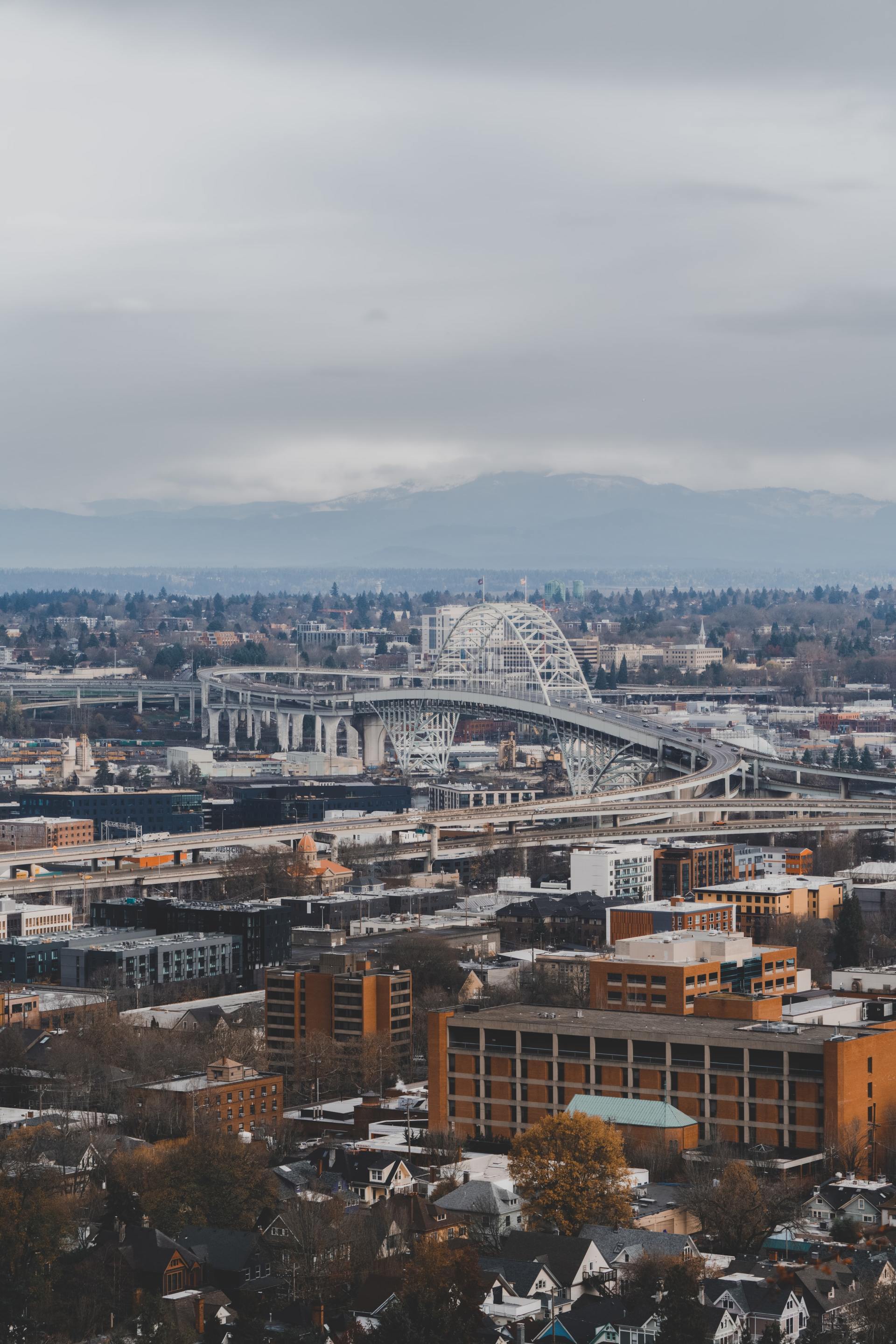
How do I sign up for services with Portland Rental Properties? To sign up with PRP, please give us a call at 503-288-8330 and set up a time to speak with our owner, Reed Shumaker. You can also email reed@portlandrentalproperties.com. After discussing your goals and answering any questions you might have, Reed will provide you with a management contract to review. Once the contract terms have been agreed upon, Reed can email you the contract to sign digitally, or you can meet with him in person to sign. What services are included with property management? Portland Rental Properties is a full-service property management company, meaning we handle property maintenance and inspections, tenant screening, leasing, marketing, rent collection, tenant relations and accounting. We utilize the most comprehensive market distribution software available with detailed and accurate property descriptions and offer a flexible showing schedule for our vacant properties. When prospective tenants apply to rent, we perform thorough background checks, including credit, criminal and eviction history and proof of income and references. Our lease agreements comply with federal and local regulations. Additionally, we handle the complex and ever-changing city and county ordinances related to rental properties. We ensure that all our properties are managed lawfully by staying current on rental regulations. These mandates include guidelines pertaining to marketing, screening and processing potential tenants, collection of security deposit, caps on rent increases, renter relocation assistance and depreciation schedules. Our objective is to maintain quality rental properties, therefore, we conduct in-depth property inspections at move-in and move-out, with periodic inspections during tenancy. W e provide responsive and detailed general repairs, as well as emergency maintenance services to keep our properties in good condition. Our robust list of capable vendors allows us to provide maintenance services at a reasonable price. For our tenants, we offer convenient, secure rental payments online, by mail or in-person, prompt replies to maintenance requests and compassionate and timely correspondence. What types of properties do you manage? Portland Rental Properties manages single-family homes, condos, small to mid-sized apartment buildings, plexes, HOA's, and single-owner commercial properties. What are the costs and fees of property management services? We offer one of the most reasonable fee structures in the area, with a one-time account establishment fee, market rate commissions, affordable repair costs, and never any tenant finding, contract writing, or termination fees. What happens if I change my mind about needing property management services after signing a contract? You may terminate your management contract at any time with no termination fees. We will only need 30 days to close out your account.

With the departure of winter comes warmer weather and longer days, ideal for tackling home maintenance projects. Now is the time to look for damage and make needed repairs to your rental property, as well as prep for the summer. Follow our tips below to help safeguard your investment and keep your property in great condition : Remove and store foam facet covers Remove crawlspace vent plugs so the house can "breath" Plant grass seed in bare spots for the best chance of successfully growing new grass Check gutters for debris Apply moss killer to roof if needed Check exterior of property for dry rot and trim paint touch up needs Clean exterior of windows Pressure wash walkways Make a plan to stain decks if needed Contact our property management office to set up a time to assess the maintenance needs of your rental property!
